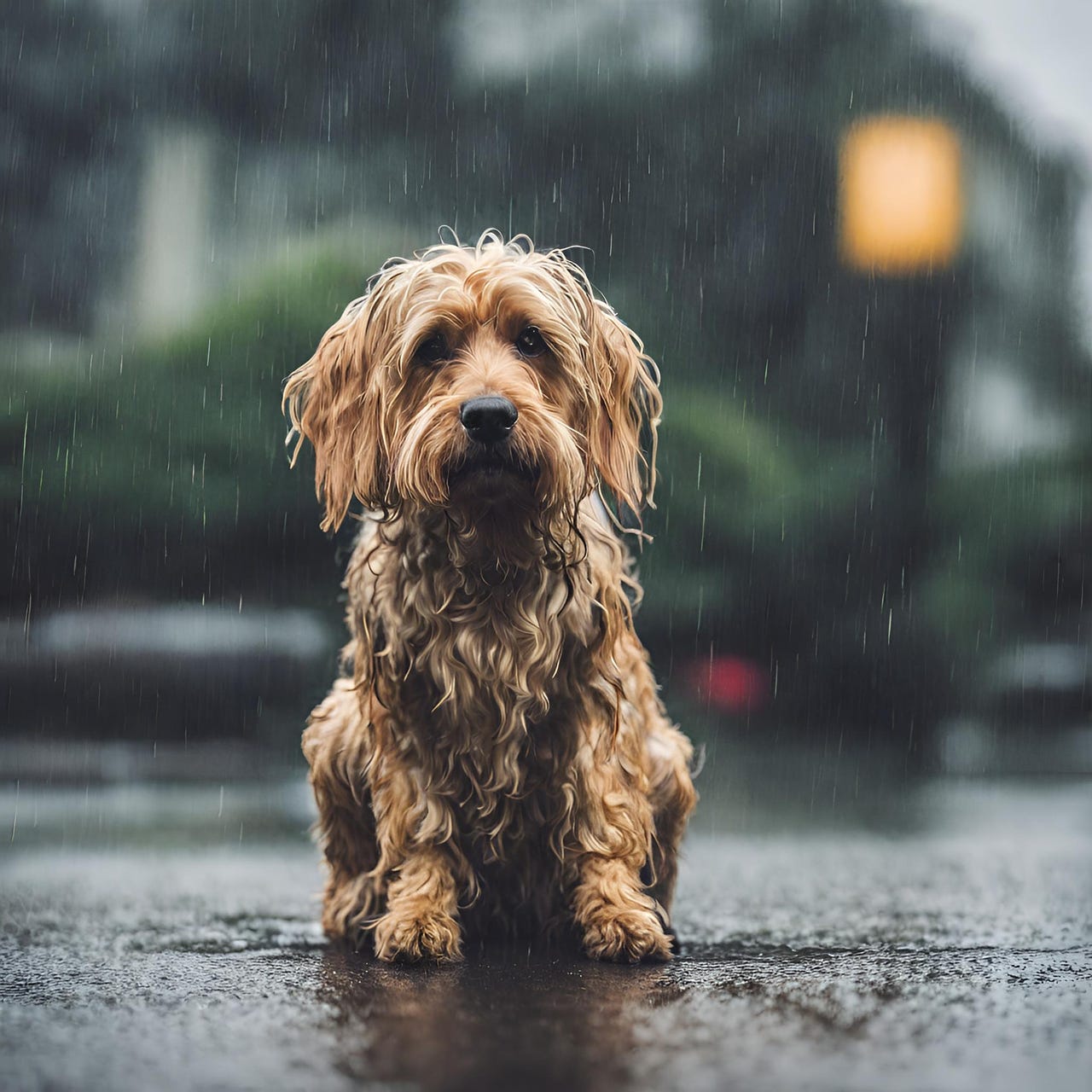Yes, This Really Is The Worst Stretch of Weekend Weather in Vermont History
Vermont has weathered 24 consecutive weekends of precipitation.
Vermont has endured an extraordinary run of gloomy weekends, potentially marking the longest stretch of bad weather—rain, snow, or unseasonable cold—in the state’s history. From December 2024 through May 2025, a staggering 24 out of 26 weekends saw precipitation or chilly conditions across much of the state, a pattern meteorologists are calling unprecedented.
This relentless weather has left Vermonters longing for a break. Nearly every Saturday and Sunday over the past six months brought measurable rain or snow, with Burlington recording precipitation on all but two Saturdays this year—and even those weekends weren’t entirely spared, as Sundays often saw storms roll in. The numbers are striking: about 92% of weekends were affected, compared to roughly 50-60% in typical years. For context, previous winters and springs, like 2022-2023 or 2023-2024, saw bad weather on only about half to two-thirds of weekends, with plenty of clear, seasonable days mixed in.
What makes this period stand out is its persistence. Vermont has weathered 24 consecutive weekends of precipitation, far surpassing other rainy streaks in the Northeast—like Boston’s nine-weekend run this spring or even Seattle’s eight-weekend stretch. Adding to the misery, many weekends weren’t just wet but also unseasonably cold. A late-March nor’easter, for instance, dumped heavy snow on March 29-30, with temperatures stuck in the low 30s when spring warmth is usually starting to take hold. High-elevation snow lingered into late April, and chilly, rainy days dragged on through May.
Only two weekends offered brief reprieves. One dry Saturday in mid-March felt more like summer, with temperatures 25°F above normal, but Sunday brought rain. A mid-December weekend was the other rare exception, yet even these moments felt like anomalies in a sea of storms. This lack of fair-weather weekends has been a sharp departure from Vermont’s usual mix of wet and dry, warm and cold.
The impact has been felt across the state. Outdoor activities, events, and businesses reliant on weekend visitors have taken a hit. Residents have voiced frustration over the seemingly endless cycle of “another wet weekend.” Meteorologists point to an unusually persistent storm track, possibly influenced by jet stream patterns, though it’s unclear if climate change or natural variability is the main driver. What is clear is that this stretch is a historic outlier, with no similar six-month period in modern records showing such consistent weekend gloom.
As summer approaches, forecasts hint at a shift toward drier, more balanced weekends. For now, though, the winter and spring of 2024-2025 will go down as Vermont’s dreariest in memory—a remarkable, if unwelcome, chapter in the state’s weather history.
Sources: National Weather Service Burlington, WCAX, Fox Weather, Matt’s Weather Rapport, NOAA Climate Data.


